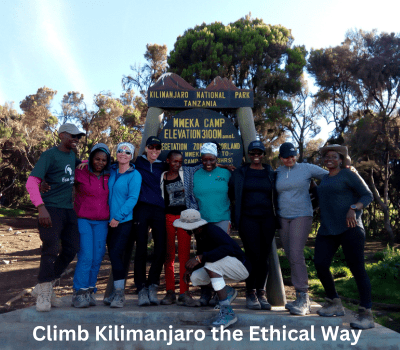Are Guides Readily Available in Tanzania Without Prior Booking?
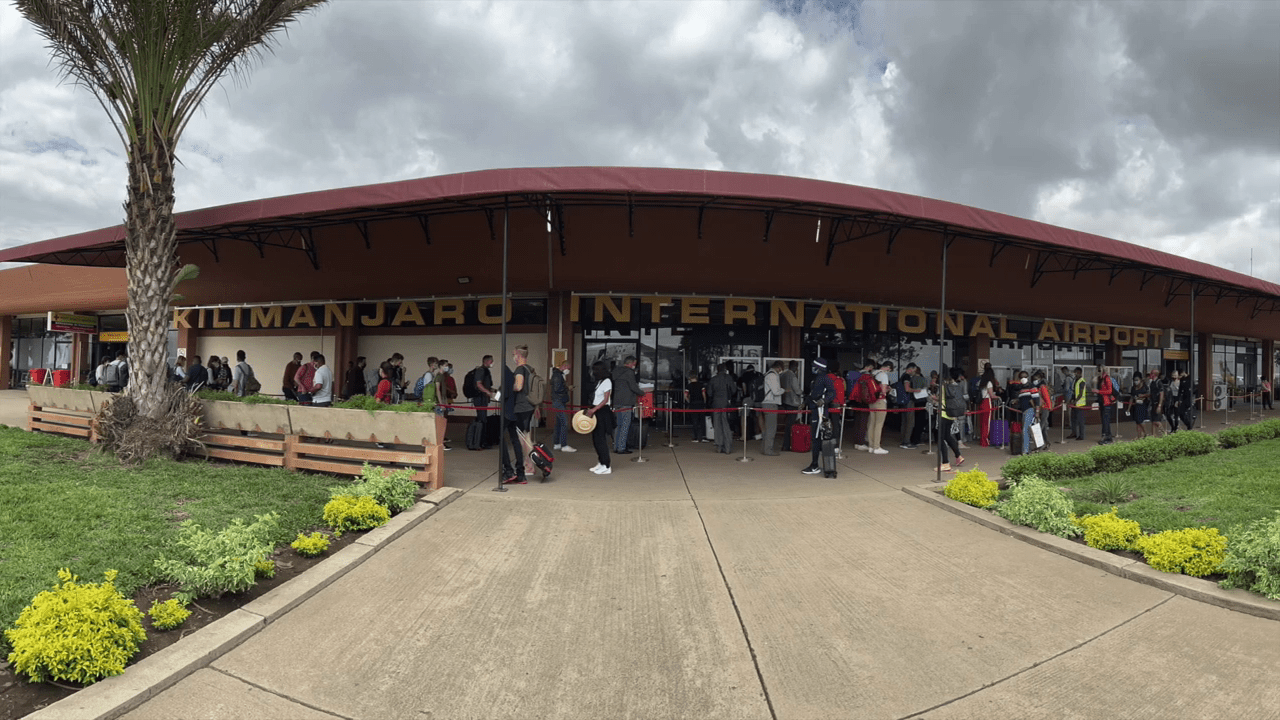
Introduction: Should You Risk Climbing Without Pre-Booking?
Climbing Mount Kilimanjaro is a dream for many adventurers. As Africa’s highest peak, it offers a unique challenge that combines physical endurance with breathtaking scenery. However, the key to a successful and safe ascent lies in choosing the right local guide. A reliable guide not only ensures your safety but also enriches your experience with local knowledge and support.
How the Guiding System Works on Kilimanjaro
Mount Kilimanjaro is a protected national park, and the Tanzanian government has implemented strict regulations to preserve its natural beauty and ensure the safety of climbers. One of the key regulations is that all climbers must be accompanied by a licensed guide. This means that you cannot legally climb Kilimanjaro without a guide who is registered with the Kilimanjaro National Park Authority (KINAPA).
Guides are responsible for leading the trek, ensuring the safety of climbers, managing the support team (including porters and cooks), and providing valuable information about the mountain’s ecology and culture. They are trained in first aid and altitude sickness management, making them essential for a safe and successful climb.
Availability of Licensed Guides in Moshi and Arusha
Moshi and Arusha are the primary gateway cities for Kilimanjaro expeditions. Both cities have numerous tour operators and licensed guides offering their services. While it is possible to find a guide upon arrival, especially during the off-peak season, availability can be limited during peak climbing seasons (January to March and June to October).
It’s important to note that not all guides and operators maintain the same standards. Some may lack proper certification, experience, or ethical practices. Therefore, it’s crucial to research and choose a reputable guide or operator to ensure a safe and responsible climb.
Why Last-Minute Booking Isn’t Always Safe or Smart
While the idea of booking a guide upon arrival may seem convenient, it carries several risks:
- Limited Availability: During peak seasons, reputable guides and operators are often fully booked months in advance.
- Quality Concerns: Last-minute options may not meet safety and ethical standards, potentially compromising your experience.
- Higher Costs: Urgent bookings can lead to inflated prices or hidden fees.
- Lack of Preparation: Without prior planning, you may not have adequate time to acclimate, train, or gather necessary gear.
To mitigate these risks, it’s advisable to book your guide and expedition well in advance, allowing for thorough preparation and ensuring a higher chance of a successful summit.
Challenges of Hiring Guides Upon Arrival
Hiring a guide upon arrival in Tanzania presents several challenges:
- Verification Difficulties: It can be challenging to verify the credentials and experience of guides or operators on short notice.
- Language Barriers: Communication issues may arise if the guide is not proficient in your language.
- Logistical Delays: Organizing permits, transportation, and accommodations can take time, potentially delaying your climb.
- Ethical Concerns: Without proper vetting, you may inadvertently support operators who do not adhere to fair labor practices or environmental guidelines.
To avoid these challenges, it’s recommended to research and book a reputable guide or operator before arriving in Tanzania. This approach ensures a smoother experience and allows you to focus on the adventure ahead.
Price Risks of Walk-In Bookings
Opting to hire a guide upon arrival in Tanzania may seem convenient, but it can lead to unexpected costs. Without prior arrangements, you might face:
- Inflated Prices: Last-minute bookings can result in higher fees due to limited availability and lack of competition.
- Hidden Charges: Some operators may add unexpected costs for permits, equipment, or accommodations.
- Limited Negotiation Power: Without prior research, you may lack the information needed to negotiate fair prices.
To avoid these financial pitfalls, it’s advisable to research and book your guide in advance, ensuring transparency and better value for your investment.
Verifying Credentials Last-Minute
Ensuring your guide’s legitimacy is crucial for a safe and legal Kilimanjaro climb. Last-minute bookings can make this verification challenging:
- Limited Time: Rushed decisions may prevent thorough background checks.
- Language Barriers: Communication difficulties can hinder the verification process.
- Lack of Documentation: Some guides may not have immediate access to necessary certifications.
To ensure your guide is properly licensed and trained, it’s best to book in advance, allowing ample time for verification and peace of mind.
Ethical Pitfalls of Last-Minute Hiring
Hiring a guide without prior booking can inadvertently support unethical practices:
- Exploitation of Porters: Some operators may underpay or overload porters, compromising their well-being.
- Environmental Harm: Unregulated tours may not adhere to conservation guidelines, damaging the ecosystem.
- Community Impact: Supporting unlicensed operators can undermine local economies and reputable businesses.
By booking with certified and ethical operators, you contribute to responsible tourism that benefits both the environment and local communities.
Alternatives to Last-Minute Hiring
If you find yourself in Tanzania without a pre-booked guide, consider these alternatives:
- Join Scheduled Group Tours: Many operators offer group climbs with fixed departure dates, which may have last-minute availability.
- Consult Local Tourism Offices: They can provide information on reputable operators with immediate openings.
- Reach Out to Established Companies: Contact well-known operators like Eco-Africa Climbing to inquire about last-minute options.
While these alternatives can be viable, they may still come with limitations. Prior booking remains the most reliable method for securing a quality guide.
Local Tour Offices and Their Limitations
While local tour offices in Moshi and Arusha can assist with arranging climbs, they may have limitations:
- Limited Availability: During peak seasons, demand may exceed supply, restricting your options.
- Variable Quality: Not all offices maintain the same standards, making it challenging to assess reliability.
- Time Constraints: Organizing a climb on short notice can be time-consuming, potentially delaying your expedition.
To ensure a seamless and safe experience, it’s recommended to plan and book your Kilimanjaro climb well in advance.
Legal Requirements for Climbing Kilimanjaro
Climbing Mount Kilimanjaro is a regulated activity to ensure the safety of climbers and the preservation of the mountain’s environment. The Tanzanian government mandates that all climbers must be accompanied by a licensed guide. This regulation is enforced by the Kilimanjaro National Park Authority (KINAPA), and climbing without a registered guide is illegal. Therefore, even if you arrive in Tanzania without prior arrangements, you must secure the services of a licensed guide before attempting the climb.
Risks of Unlicensed Operators
Engaging with unlicensed or unverified operators poses significant risks:
- Safety Concerns: Unlicensed guides may lack proper training in first aid and altitude sickness management.
- Lack of Insurance: These operators often do not provide insurance coverage for emergencies or evacuations.
- Ethical Issues: They may not adhere to fair labor practices, leading to the exploitation of porters and staff.
- Legal Implications: Climbing with an unlicensed guide can result in fines or being denied access to the park.
To ensure a safe and ethical climbing experience, it’s crucial to verify the credentials of any guide or operator you consider.
Benefits of Booking in Advance
While it is possible to arrange a guide upon arrival in Tanzania, booking in advance offers several advantages:
- Guaranteed Availability: Especially during peak seasons, securing a guide in advance ensures you won’t face last-minute unavailability.
- Customized Experience: Advance booking allows for tailored itineraries, dietary accommodations, and equipment preparations.
- Time for Preparation: You’ll have ample time to train, gather necessary gear, and acclimate to the idea of the climb.
- Transparent Pricing: Early arrangements often come with clear pricing structures, reducing the risk of hidden fees.
Planning ahead not only enhances your climbing experience but also contributes to a safer and more organized expedition.
Recommended Local Operator
For those seeking reputable local guides, consider the following operators:
- Eco-Africa Climbing: A 100% Tanzanian-owned company, Eco-Africa Climbing is a member of the Kilimanjaro Porters Assistance Project (KPAP), ensuring ethical treatment of staff. They offer customized climbs with experienced guides and comprehensive support services.
Conclusion: Plan Ahead for a Successful Climb
While it is feasible to find a guide upon arrival in Tanzania, doing so comes with potential risks and uncertainties. To ensure a safe, ethical, and enjoyable ascent of Mount Kilimanjaro, it’s highly recommended to research and book a licensed guide or operator in advance. This proactive approach allows for better preparation, customized experiences, and adherence to legal and ethical standards, ultimately leading to a more fulfilling adventure.
Final Thoughts: Don’t Leave It to Chance
While Tanzania offers a welcoming environment for adventurers, climbing Mount Kilimanjaro is a serious endeavor that demands thoughtful preparation. Yes, guides are physically present in towns like Moshi and Arusha, but availability doesn’t equal reliability. Booking a licensed, experienced, and ethically responsible guide ahead of time ensures your trip is safe, smooth, and memorable.
Companies like Eco-Africa Climbing exemplify what it means to be prepared, professional, and purpose-driven. Don’t wait until the last minute—your summit success may depend on it.
Frequently Asked Questions (FAQs)
Can I find a Kilimanjaro guide after arriving in Tanzania?
Yes, but availability isn’t guaranteed. Peak seasons fill up fast, and quality may vary widely.
Is it legal to hire a guide last minute?
Yes, as long as the guide is licensed by KINAPA. Climbing without a certified guide is illegal.
What’s the safest option for first-time climbers?
Booking in advance with a reputable local operator like Eco-Africa Climbing ensures expert planning and safety protocols.
What’s the risk of waiting to book until arrival?
Unverified guides, inflated prices, no time for customization, and potentially unsafe conditions.
Can I join a group climb if I didn’t book early?
Some group departures may have last-minute space. Try contacting operators like Eco-Africa Climbing’s Join Group Tours for availability.
Ready to Book Your Kilimanjaro Climb With a Trusted Local Team?
Avoid last-minute hassles and climb with confidence. Choose Eco-Africa Climbing—a 100% Tanzanian-owned, KPAP-certified company with WFR-trained guides and a track record of summit success.
Take the first step to the Roof of Africa with a guide you can trust.
Share:
Related Posts
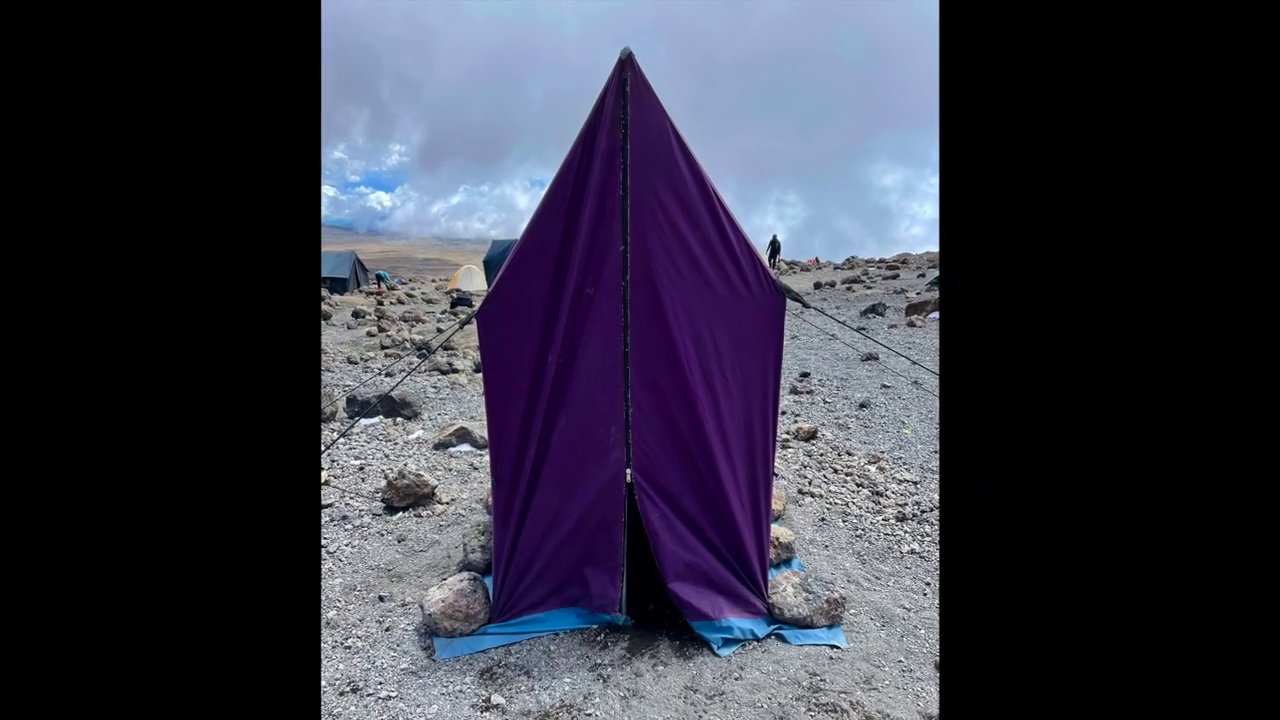
bathroom on mountain kilimanjaro
Bathroom on Mountain Kilimanjaro: What to Expect and How to Prepare Introduction One of the most common — and least discussed — questions from people

Are Guides Readily Available in Tanzania Without Prior Booking?
Are Guides Readily Available in Tanzania Without Prior Booking? Introduction: Should You Risk Climbing Without Pre-Booking? Climbing Mount Kilimanjaro is a dream for many adventurers.
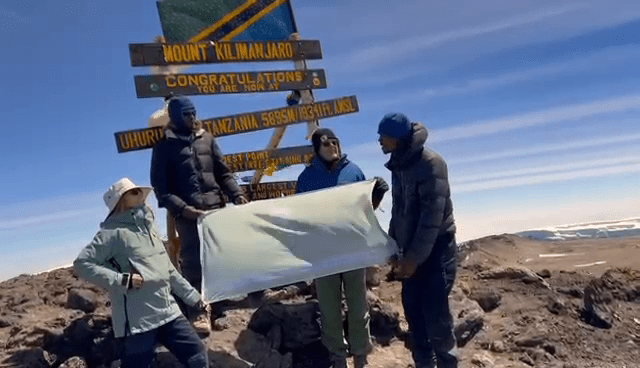
How Can I Find a Reliable Local Guide for My Kilimanjaro Expedition?
How Can I Find a Reliable Local Guide for My Kilimanjaro Expedition? Introduction: Why the Right Guide Is Key to Kilimanjaro Success Climbing Mount Kilimanjaro
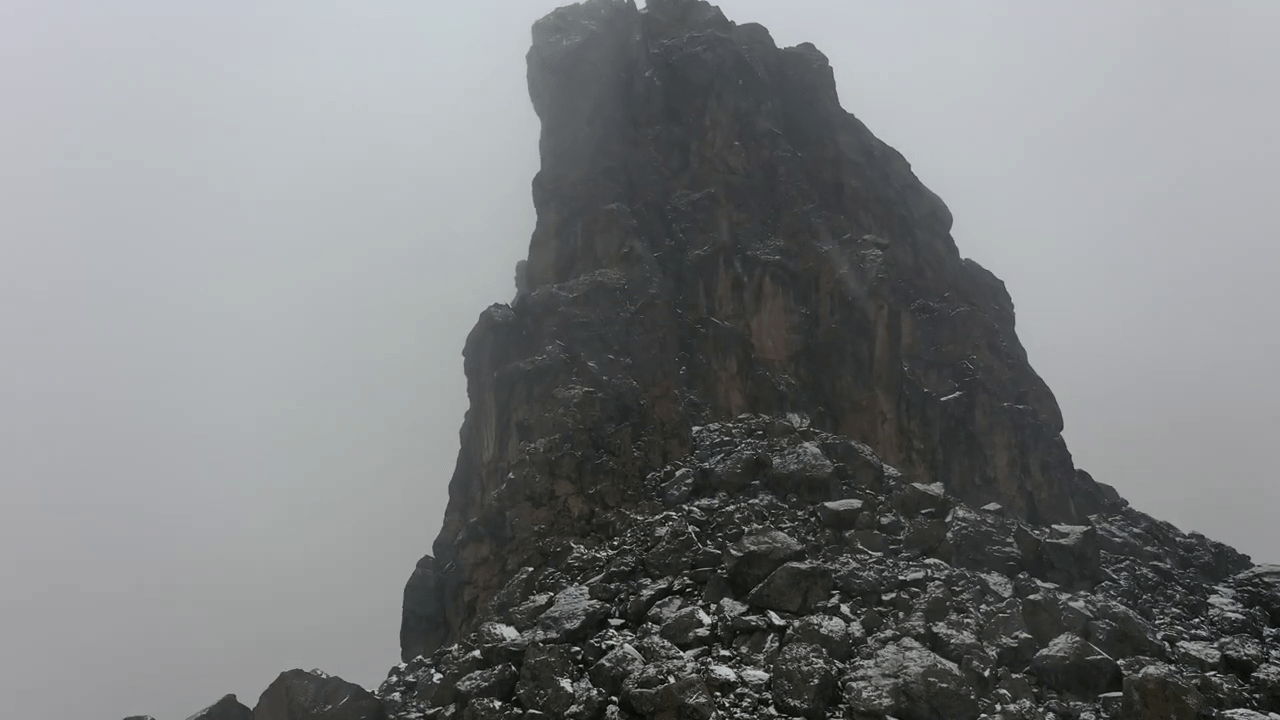
Is Climbing Kilimanjaro Dangerous for Individuals Without Mountaineering Experience?
Is Climbing Kilimanjaro Dangerous for Individuals Without Mountaineering Experience? Introduction: The Myth of Danger and Experience Many aspiring adventurers wonder if climbing Mount Kilimanjaro is
